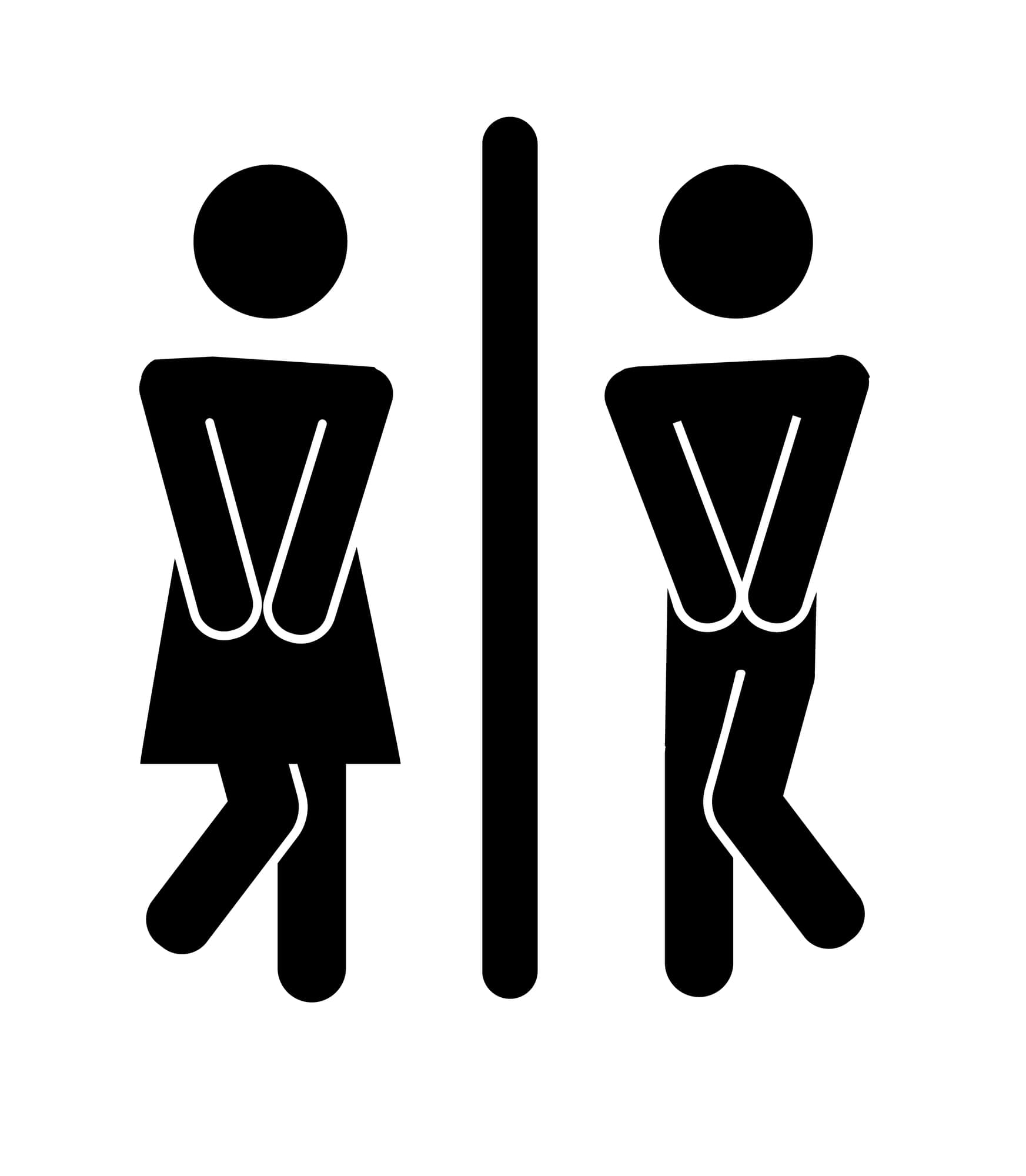Fecal Incontinence

What is fecal incontinence?
Fecal incontinence, also called bowel incontinence, is when you have accidental leakage of solid or liquid stool from your anus.
Is fecal incontinence common?
It is very common: About 1 in every 12 adults in the US suffer from fecal incontinence.
What causes fecal incontinence?
Different factors contribute to fecal incontinence. Sometimes there are anatomic causes that can be fixed with surgery. Other times, symptoms can come from weakening of the muscles that control our bowel movements. Our muscles can become weak as a result of aging and sometimes pregnancy; however, both women (who have never been pregnant) and men, can also experience symptoms of fecal incontinence.
Are there treatments for fecal incontinence?
Yes, there are different ways that we can treat fecal incontinence. Many people can get relief from their symptoms by improving their stool consistency and retraining their pelvic floor, which are the muscles that control our bowel movements. However, for some people, this will not be enough, and they may need to consider surgery. Fortunately, there have been significant advances in the options for surgery that include procedures that can be done as an outpatient.
Do I need an ostomy (also called a “poop bag”) if I have fecal incontinence?
An ostomy is the last resort for patients who have fecal incontinence. We have many options to help your symptoms before we recommend an ostomy. However, if your symptoms are severe enough, sometimes an ostomy can improve your quality of life.
What should I do if I have fecal incontinence?
If you have symptoms of fecal incontinence, I would encourage you to reach out to make an appointment. Many people are embarrassed to seek help, but there are ways we can help reduce and sometimes entirely eliminate your symptoms. One of the first ways to help your symptoms currently is to start a fiber supplement.
